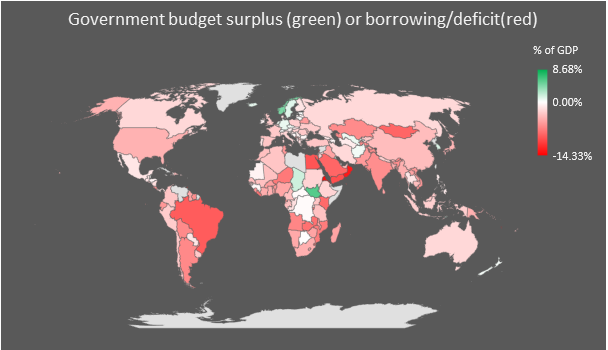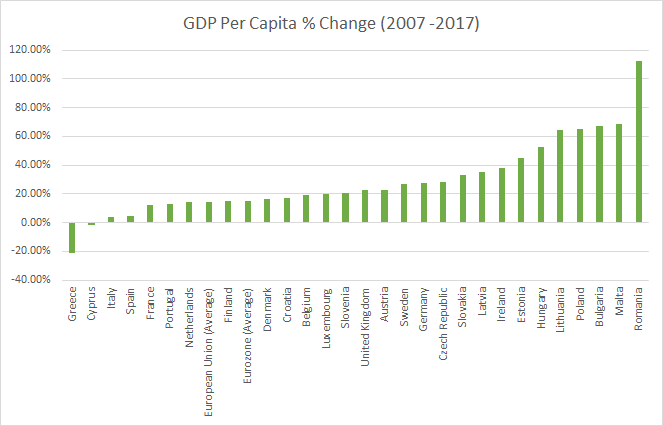Everything by design is kind of complicated. And because it is complicated it is inefficient. But inefficiency keeps people in jobs. Let us explain.
Education is form of an inefficiency. Just 20% of people go on to a role that requires their knowledge from college or university education. But keeping more people in education keeps them out of the job market.
Government regulations change so often that it inherently creates several roles. The law is complicated and inefficient, but it keeps many people in a job and creates new jobs.
New technologies become a trend and all big organizations want to keep up with the trend. The result? More jobs for new stuff. And new stuff brings with it new experts, new certifications and new training. Continue reading “Inefficiency keeps unemployment low and here is why it now matters”

